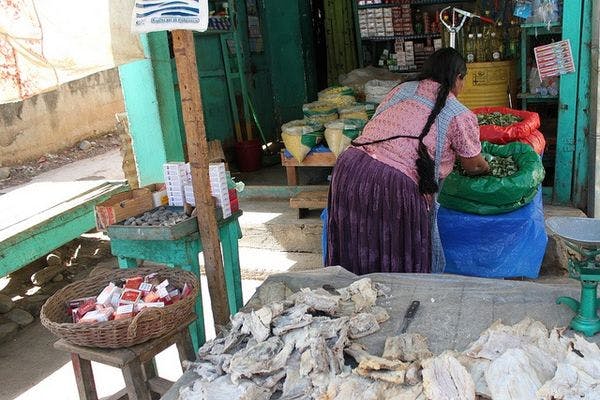The case for a better approach to drug control policy
By the United Nations Development Programme
The relationship between drug control policy and human development is complex and multifaceted. Both share a common objective to reduce drug-related harms. Yet drug control, human rights, public health and human development agendas often exist in isolation from each other. Policies aimed at prohibition and punishment form the international approach to drug control. Yet, there is ample evidence of the negative consequences of these policies.
For the many farmers affected by poverty, conflict, and insecurity, cultivating illicit drug crops is a viable livelihoods option, yet international drug treaties ban the cultivation of these crops and require their eradication.
The enforcement of these bans and eradication efforts have in many cases negatively affected the public health and human rights of people living in poverty. They have destroyed the livelihoods of those who depend on cultivating and selling drugs to survive and forcibly displaced populations from areas where illicit crops are grown. The herbicide used in aerial fumigation of illicit coca crops has been associated with physical and mental health problems. In many instances, these bans do not necessarily lead to reduced cultivation or consumption of illicit drugs, as the cultivators and traffickers simply move on to other areas.
Click here to read the full article.
Keep up-to-date with drug policy developments by subscribing to the IDPC Monthly Alert.
Topics
Regions
Related Profiles
- United Nations Development Programme (UNDP)
